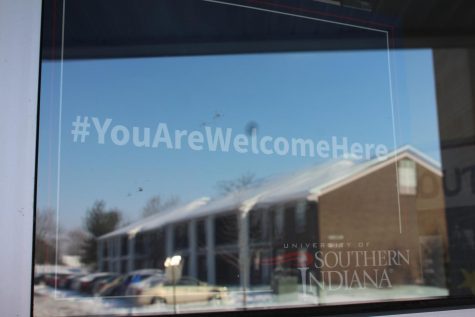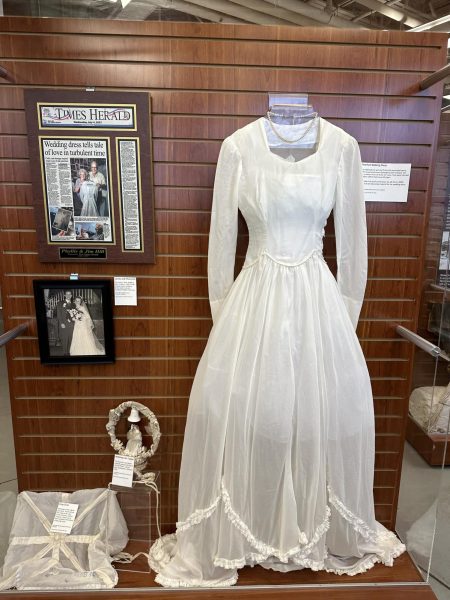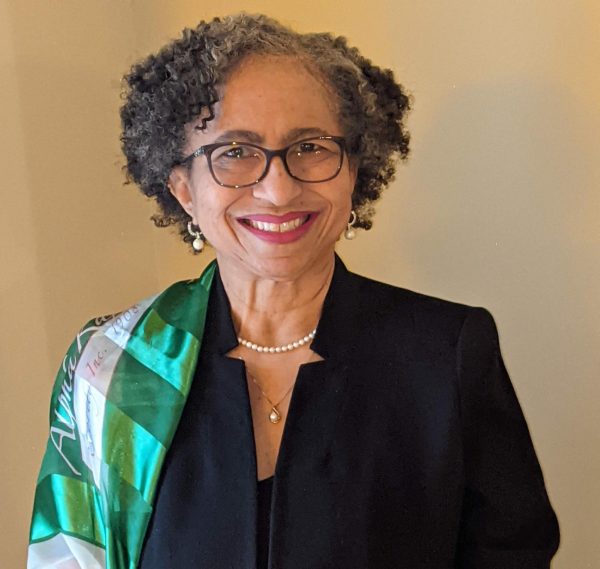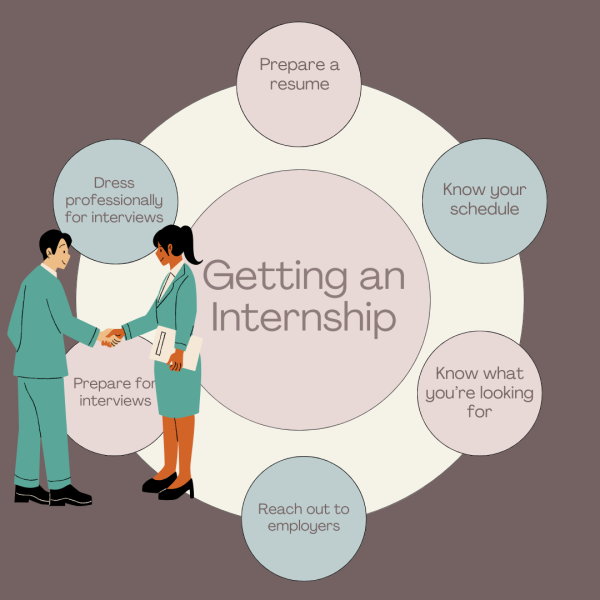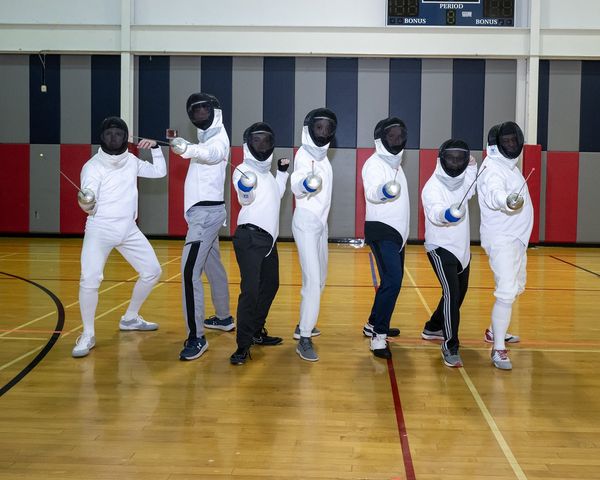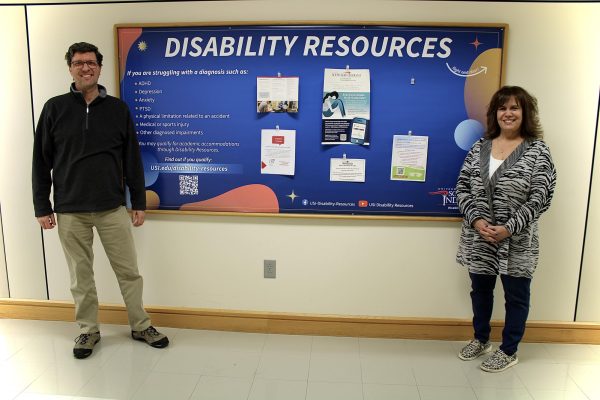‘I would take the chance again’
International students satisfied despite enrollment decrease
Tharushi Wattewewa said if she was considering coming to the United States in 2018, she would “seriously think twice.”
The senior international studies and French major lived in Kandy, Sri Lanka until she was 22 years old. After teaching French at an international school for a year and a half, Wattewewa came to the United States in order to get her bachelor’s degree.
“College is funded by the government,” Wattewewa said, “which makes it very competitive to be accepted. I did the exam for college twice. The first time I missed the mark by one point, and the second time I missed it by two decimals. After that, I started looking at universities in the United States.”
Wattewewa said she had no fears coming to the United States in 2014. More than anything, she was excited that the opportunities America would have for her to grow as a person.
According to insidehighered.com, in a survey involving over 250 universities, more than 40% have shown a decrease in the number of international students enrolled in February of 2017
The survey was in light of the election of President Donald Trump. Universities feared that “the political discourse surrounding foreign nationals in the U.S. leading up to the November 2016 U.S. presidential election could be damaging to international student recruitment efforts, according to the survey”.
According to the university enrollment press release for 2017, international students came to USI from 70 different countries. The same release from 2016 reported international students from 74 different countries.
Whether or not Trump is directly involved in the decrease in numbers of countries represented at the university is unclear.
Heidi Gregori-Gahan, the assistant provost for international programs, said she is concerned with the decrease in international enrollment even this Spring.
“Trump is not helping us at all,” Gregori-Gahan said. “Let me be clear about that. Is he hurting? I think he probably is hurting our efforts. He doesn’t represent the values of the American people, and the motto our country was founded upon which is one of diversity.”
Gregori-Gahan said more is at play than just the rhetoric of the president. The economy of other countries, as well as the ease of entering countries such as Canada and Australia, have also played into the number of international students coming to America.
Canada’s visa process is much easier than America’s, and both Australia and Canada have launched government-funded campaigns to bring in international students.
“When you have a whole government-sponsored campaign behind you, instead of each of us individual institutions in America trying to campaign, you are going to be much more successful,” Gregori-Gahan said.
She said she thinks the perception of America has been damaged. In efforts to show international students that individual universities do not agree with the opinions of the president, many universities joined the “You are welcome here” campaign.
USI joined in hopes of making a small step in showing international students they were safe and welcome.
Gregori-Gahan said for those interested in advocating for international students and making America a more welcoming place for those all around the world, cqrcengage.com allows all who are interested to sign a pledge saying they will do their part to fight for a more welcoming and globally engaged United States.
Connecting Our World sponsors the pledge. Templates for letters to legislature are available on the website for all who are interested in making a difference.
“If we have enough people care about this issue, the government will take notice,” Gregori-Gahan said. “Until then, we will keep doing what we have always been doing.”
International student Eman Shahin said her opinion of America has changed in the last year.
The junior psychology and French major from Alexandria, Egypt came to the United States in 2014 with only worries of whether she would make friends.
“People still come here to study,” Shahin said. “I think people always will, but it has changed a little bit. People have become a little bit more like the president.”
Shahin said if she were to base her opinion solely off what she saw in the news, she would not think highly of America.
“We hear a lot about America in Egypt,” Shanin said. “We hear a lot about Trump, but we know that individual Americans are not like the president. We know he doesn’t represent the opinions of all the people.”
Shanin said she has felt nothing but welcomed at the university. She said she people are friendly and accepting and she plans to stay in the United States even after graduating.
Wattewewa said people think twice about coming into the United States because Trump’s words offend, belittle, and humiliate the rest of the world.
“Solely thinking about how politics are, my life is not going how it should have gone with, say, Obama,” Wattewewa said. “Trump has influenced a lot of violence. He keeps changing his opinions and how he talks about people from other countries.”
While Wattewewa says she enjoys Evansville and never regrets coming to USI, she said she fears if she would be safe in a bigger and possibly less-accepting city.
Wattewewa said from the outside looking in, the greatest country in the world doesn’t look so great anymore.
“Once you are here, you see the rest of the people are not like him,” Wattewewa said. “But how do you know that before you come here? People see him as the face of the country and assume the rest of the population is just like him. But for all the opportunities and life experience I have gained, I would take the chance again.”

